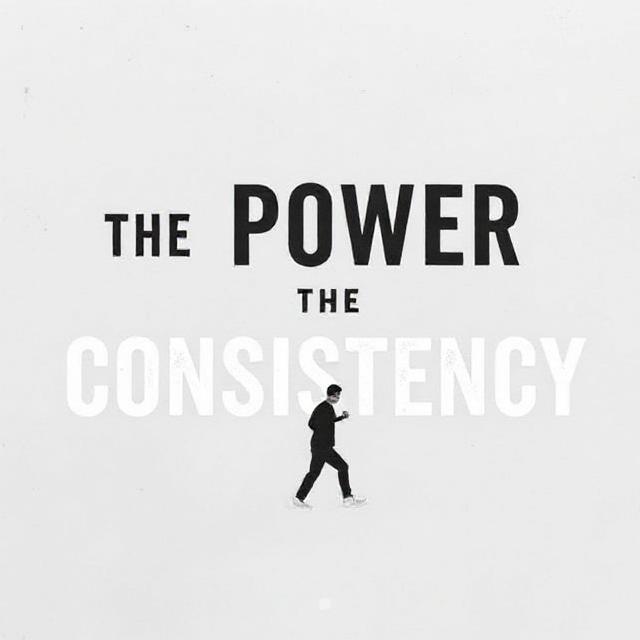
Success rarely happens by accident. Most of the people we admire—entrepreneurs, creatives, athletes, or anyone living with purpose—didn’t just “end up” successful. They had clarity, direction, and strategy. They knew not just what they wanted, but how to work toward it systematically. That’s what effective goal setting does for your life: it gives your actions meaning and your energy a direction.
Many people set goals, but only a few actually achieve them. The reason isn’t always lack of willpower; it’s often lack of structure. They write a goal like “I want to be successful” or “I want to get fit,” but there is no clear plan or emotional connection behind it. Real success comes from setting goals the right way—with clarity, purpose, and a personal action system.
In this guide, you’ll learn practical strategies to set powerful goals that push you forward, keep you accountable, and help you grow consistently.
Start with a Clear Vision, Not Just a Goal
Before you set any goal, ask yourself a more important question:
“What kind of life do I actually want to build?”
Without a clear vision, your goals will feel disconnected. So instead of jumping straight into tasks, visualize your ideal lifestyle. How do you want to feel? How do you want your days to look? Do you want freedom, financial stability, strong health, or personal growth?
Once you understand your bigger vision, your goals become purpose-driven instead of just random tasks.
Break Big Goals into Clear, Actionable Steps
One of the biggest reasons people quit is because their goals feel too big. The solution? Break them down.
Example:
- Vague goal: “I want to be more productive.”
- Clear goal: “I will wake up at 7 AM and complete one focused task before checking my phone.”
Smaller tasks create momentum. When your brain sees progress, it releases dopamine—this increases motivation naturally. So instead of waiting for motivation, rely on micro-actions that keep you moving.
Ask yourself daily:
- What is one action I can take today that aligns with my goal?
Use the Power of “Why” to Stay Emotionally Connected
People lose motivation because the goal stops feeling meaningful. That’s why you must connect every goal with an emotional reason.
Ask yourself:
- Why do I want this?
- How will my life improve when I achieve it?
- What pain am I trying to escape or what life am I trying to create?
Example:
- Goal: “I want to learn a new skill.”
- Why: “So I can increase my income and live with more freedom.”
Your why becomes your anchor, especially on days when motivation is low.
Avoid Setting Too Many Goals at Once
Some people set 10 goals at once: gym, money, business, reading, waking up early, meditation… and they burn out in one week.
A more effective approach is:
Focus on one main goal per area of life.
For example:
- Health → Build consistent workout routine
- Career → Start upskilling for a better opportunity
- Personal growth → Read 20 minutes daily or learn one new concept each day
When you focus deeply instead of spreading your energy thin, you’ll start seeing real progress.
Turn Goals into Daily Systems
Goals feel exciting at the start, but systems actually build your future. A goal says “I want to get fit.” A system says “I will walk 5,000 steps daily and drink 2 liters of water.”
Systems are repeatable actions that don’t rely on motivation. When you systemize your goals, you stop depending on willpower and start using structure.
Ask yourself:
- What habit supports this goal?
- How can I automate or systemize it?
Track Progress and Celebrate Wins—Even Small Ones
People give up not because they’re failing, but because they don’t feel progress. That’s why tracking matters.
Simple ways to track:
- Use a habit tracker app or notebook
- Write down one progress note each day
- Highlight your weekly wins
Celebrate even small steps. You don’t need a massive achievement to feel good—you just need forward movement.
Replace Perfection with Progress
Many people delay goals because they are waiting for the “perfect moment.” But real success happens when you act even when conditions aren’t perfect.
- You don’t need three hours to start a project; start with 15 minutes.
- You don’t need full motivation to begin; begin, and motivation will follow.
- You don’t need to know everything before starting; start, and clarity will come through action.
Progress mindset >>> Perfection mindset.
Review and Adjust Your Goals Regularly
Goals are not permanent—they evolve as you grow. That’s why you should review your goals weekly or monthly.
Ask yourself during your review:
- Am I moving in the right direction?
- Do I still want this, or has my vision changed?
- What adjustments can I make to stay aligned?
Adjusting a goal isn’t quitting—it’s refining your direction. That’s a mark of self-awareness and growth.
Stay Committed Even When Progress Is Slow
Success often feels boring. It’s not always motivation and excitement. Sometimes it’s just showing up again and again.
- Some days you’ll feel inspired.
- Some days you won’t feel like doing anything.
The difference between those who succeed and those who give up is not talent—it’s consistency.
Even a 1% improvement daily changes your life over time.
Final Thoughts
Goals are more than wishes—they are your way of telling life what you want instead of just accepting what you get. When set correctly, they give direction, discipline, and purpose. Start with clarity, stay emotionally connected to your “why,” build systems instead of chasing motivation, and track your small wins consistently.
And remember: You don’t need to be perfect. You just need to keep moving.
Also Read about
How to Develop a Growth Mindset for Success at any Time



